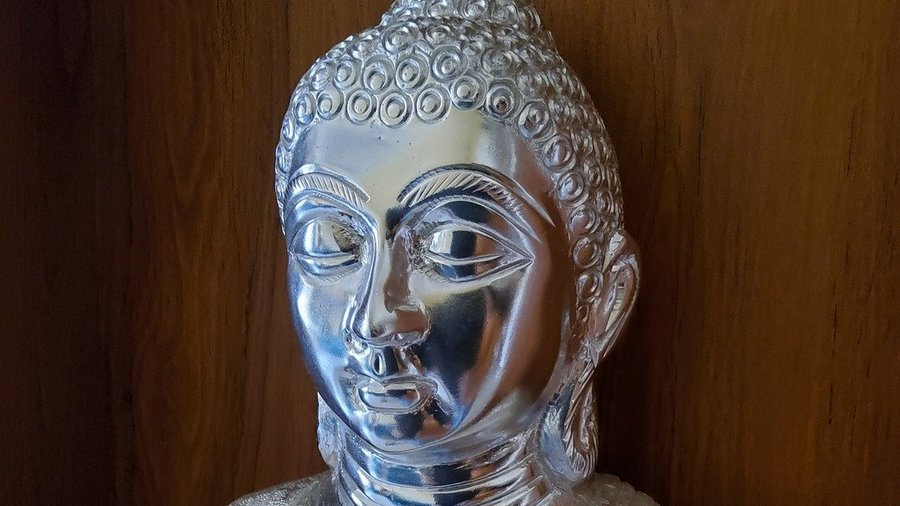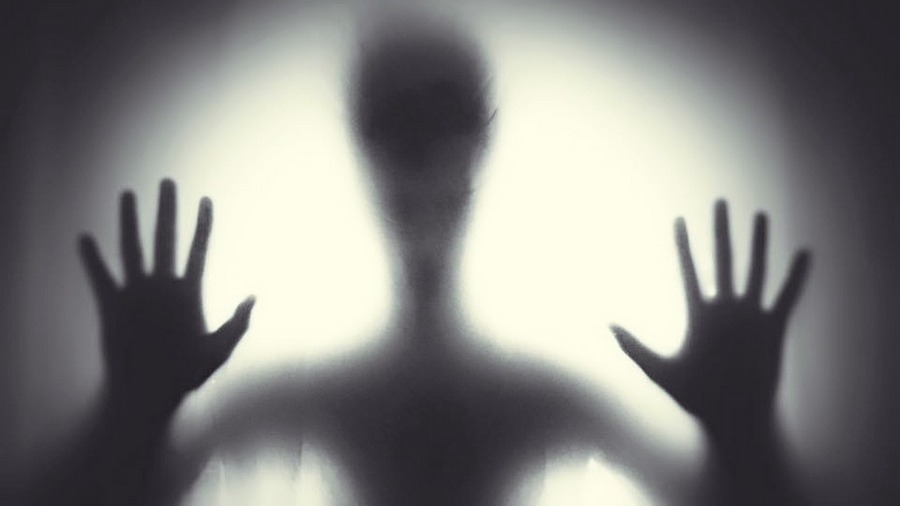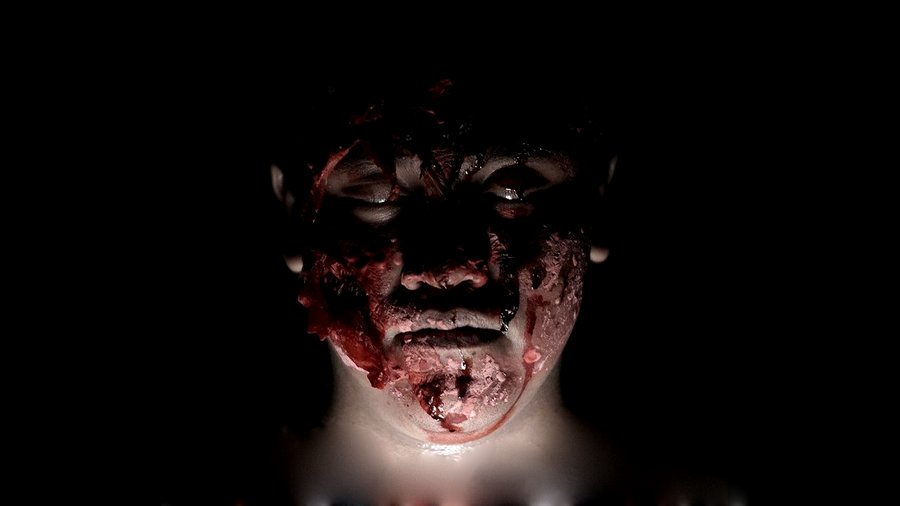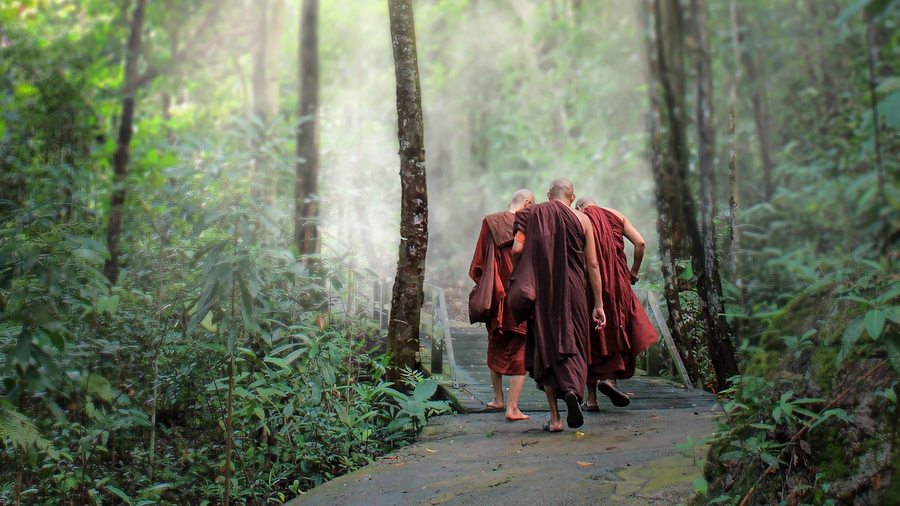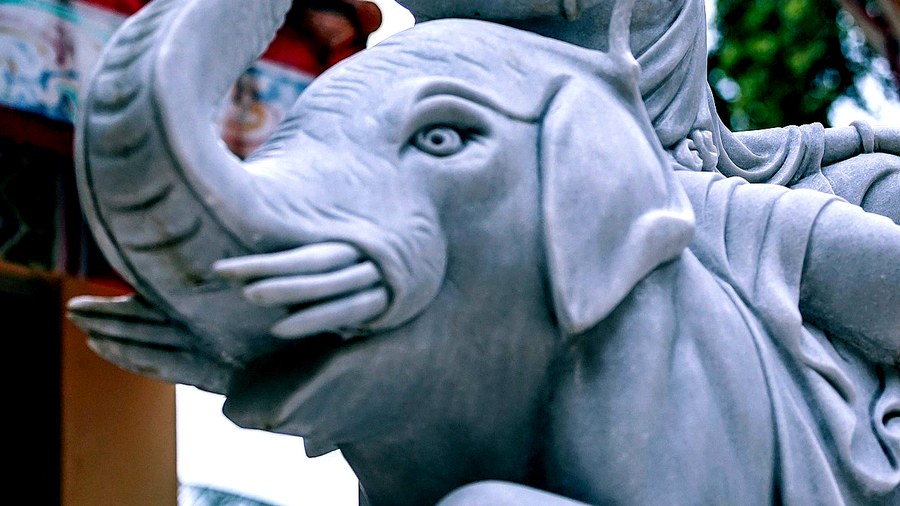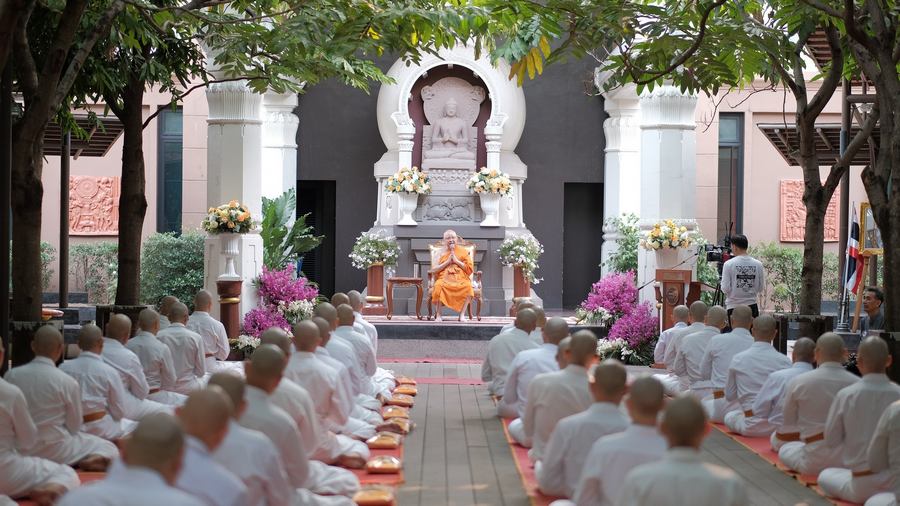[The Lakkhana Sutta details the the actions the Buddha did to obtained the 32 Marks and their corresponding wholesome qualities.]
“…Monks, in some past lives the Buddha was reborn as a human being. He approached virtuous and knowledgeable people and asked: ‘Sirs, what is wholesome? What is unwholesome? What is blameworthy? What is blameless? What should be cultivated? What should not be cultivated? Doing what leads to my lasting harm and suffering? Doing what leads to my lasting welfare and happiness?’ Due to performing those deeds he was reborn in heaven. When he passed away from there and was reborn here as a human, he obtained this mark: he has smooth skin, so smooth that dust and dirt don’t stick to his body.
Possessing this mark, if this great man continues to live in the palace, he becomes a universal king. And what does he obtain as a king? He has great wisdom. Of those who enjoy worldly pleasures, no one is equal to him or surpasses him in wisdom. That’s what he obtains as a king.
And what does he obtain as the Buddha? He has great wisdom, widespread wisdom, joyful wisdom, fast wisdom, sharp wisdom, and penetrating wisdom. No being is equal to him or surpasses him in wisdom. That’s what he obtains as Buddha.”
That is what the Buddha said. On this it is said:
“In olden days, in past lives,
He was eager to understand things, he asked questions.
He was keen to learn things, he waited on virtuous people,
listening to their explanation with pure intent.Due to that good kamma of searching for wisdom,
When he was reborn in the human world, his skin was smooth.
At his birth the mark-readers who are experts in mark-reading predicted:
‘He’ll understand even very subtle things of life.If he doesn’t choose the monk-life,
he’ll rule the earth righteously.
Among those who instruct and who investigate things,
none is equal or better than him.But if he chooses the monk-life,
and wisely loves that simple life,
Gaining wisdom that’s supreme and unparalleled,
The Supreme One attains enlightenment.…’”
Read the entire translation of Dīgha Nikāya 30 Lakkhana Sutta: The Marks of a Great Man by Ven. Kiribathgoda Gnananda Thero on SuttaFriends.org. Or read a different translation on SuttaCentral.net or SuttaFriends.org. Or listen on PaliAudio.com or SC-Voice.net. Or explore the Pali on DigitalPaliReader.online.
Or read a translation in Deutsch, Srpski, Bengali, Hebrew, हिन्दी, Indonesian, Italiano, 日本語, ಕನ್ನಡ, မြန်မာဘာသာ, Norsk, Português, සිංහල, ไทย, Tiếng Việt, or 汉语. Learn how to find your language.

